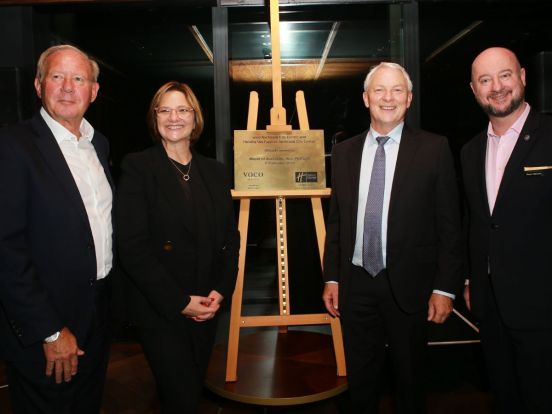The dearth of data and research available to New Zealand’s tourism industry must be addressed to support its revival, Tourism Industry Aotearoa says.
“At a time when we’ve never had more access to information, it’s truly remarkable how little we know about tourism in New Zealand,” TIA Chief Executive Chris Roberts says.
“Even though tourism took centre stage with its contribution to New Zealand’s economy over the last decade, there is no doubt that the range of available tourism data is smaller than it was a few years ago and hasn’t kept pace with changes in the way data is available.”
TIA is calling for a fundamental review of the tourism data and research system, making ‘Knowledge’ one of the six priority areas for Government action in TIA’s Tourism Election 2020 Action Plan. The Association has also highlighted the shortcomings in both Tourism Data and Tourism Research in detailed Position Papers submitted to the Tourism Futures Taskforce.
“The revival and revitalisation of tourism will require serious improvements to be made to the tourism data and research system,” Mr Roberts says. Work to improve the tourism data system was started at a Tourism Information and Data Hui convened by the Ministry of Business, Innovation & Employment in late 2019 but progress has been slowed by the COVID-19 pandemic.
“We must get moving. A collaborative approach by the public and private sectors is needed to address priorities for tourism data and research. We are calling on the incoming Government to allocate funds from the International Visitor Conservation and Tourism Levy (IVL) to support this work. Tourism also needs to have better access to the public sector science and research system.”
Research on tourism is a challenge, with no structure, system or funding dedicated to the industry’s research needs.
There is no recognition of tourism within the government’s $1.4 billion RSI system and this must change, Mr Roberts says. “TIA is firmly committed to improving the tourism data and research system, because having the right knowledge available for those who need it is fundamental to building a sustainable tourism industry.”








